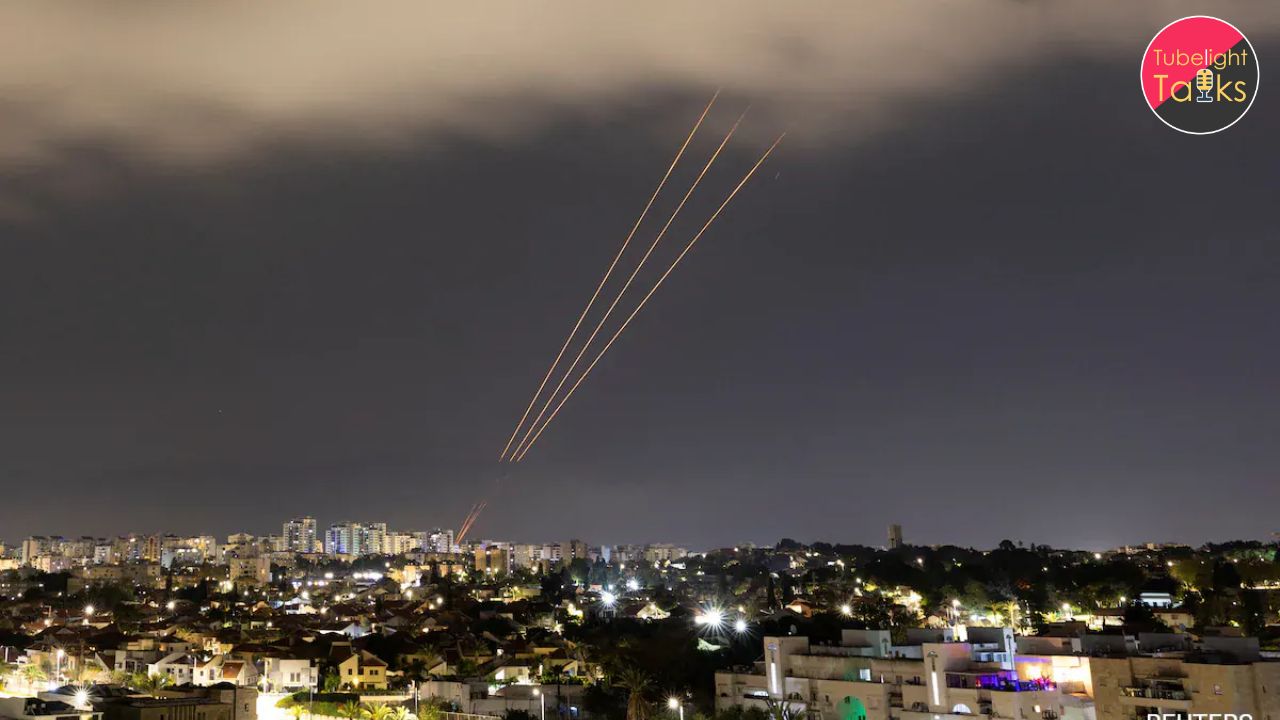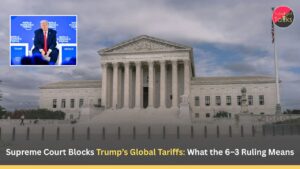Israel-Iran Conflict: Mossad Operation Sparks Fears of Regional War and Global Fallout
On June 13, 2025, Israel’s intelligence agency Mossad launched “Operation Rising Lion,” a daring, covert strike targeting Iran’s nuclear and military infrastructure. Over 200 Israeli aircraft were reportedly involved in precision airstrikes on over 100 targets, including missile silos, nuclear enrichment facilities, and command centers around Tehran. Simultaneously, Israeli operatives executed sabotage missions, killing several high-ranking Iranian military officials and causing widespread destruction.
The operation, while applauded by Israeli officials as a preemptive measure to stop Iran from acquiring nuclear weapons, has sparked outrage in Tehran. Iran condemned the assault as a blatant act of “state terrorism,” accusing Israel of violating international sovereignty and threatening a strong retaliatory response.
Iran’s Immediate Reaction and Global Appeals for Restraint
In the aftermath of the attack, Iranian cities reported multiple explosions, prompting a nationwide alert. Tehran’s air defense systems were activated, and key military units were deployed in anticipation of further attacks. Foreign Minister Abbas Araghchi addressed the United Nations, asserting Iran’s right to defend itself while demanding international condemnation of Israel’s aggression.
Despite calls from the UN, EU, and Gulf nations for de-escalation, Iran’s leadership hinted that retribution is inevitable. With emotions running high and no diplomatic breakthrough in sight, the threat of prolonged military confrontation looms large.
Potential Scenarios If Tensions Escalate
As global powers brace for the worst, analysts warn of multiple dangerous scenarios that could redraw the political map of the Middle East and beyond.
1. U.S. Gets Pulled into the Conflict
Though the U.S. has denied direct involvement, Iran suspects American endorsement of Israel’s move. Iran’s powerful proxy networks in Iraq, Lebanon, and Syria are capable of striking U.S. assets across the region. Should an American citizen or facility be targeted, Washington could be compelled to respond militarily, escalating the conflict into a broader war involving the U.S.-Israel alliance against Iran and its proxies.
2. Gulf Nations Enter the Fray
With U.S. military bases spread across the Gulf, Iran might retaliate by targeting softer Gulf assets. Saudi Arabia, the UAE, and Qatar could find themselves under missile attack, especially considering Iran’s history of striking oil infrastructure. Gulf countries may demand U.S. defense intervention, further widening the scope of the conflict.
3. Iran Accelerates Its Nuclear Program
If Israel fails to destroy deeply buried facilities like the Fordow enrichment site, Iran may accelerate its nuclear ambitions rather than halt them. Already possessing 60% enriched uranium, Tehran could, in theory, develop a nuclear bomb within months. Military setbacks may only fuel Iran’s resolve to secure what it views as a strategic deterrent.
4. Global Oil Shock
One of the most alarming possibilities is a global oil crisis. If Iran blocks the Strait of Hormuz—through which over 20% of the world’s oil passes—global energy prices could skyrocket. Already, markets have seen oil surge past $110 a barrel. Meanwhile, Iranian-backed Houthi rebels in Yemen could escalate attacks on shipping lanes in the Red Sea, crippling global trade and triggering inflation worldwide.
5. Collapse of Iran’s Regime
A wildcard scenario involves the potential collapse of Iran’s Islamic Revolutionary regime. While Israeli Prime Minister Netanyahu hinted that the operation aims to empower Iranians against their authoritarian government, history provides cautionary tales. Post-Saddam Iraq and post-Gaddafi Libya descended into prolonged chaos. A destabilized Iran could lead to civil war, ethnic conflict, and the rise of extremist factions, producing consequences far more dangerous than the current crisis.
What Lies Ahead: Diplomacy or Disaster?
With missiles fired and threats exchanged, the Middle East finds itself at a historic inflection point. The next steps by Iran, Israel, and the United States will determine whether this episode becomes a temporary confrontation or the start of a broader regional war.
The international community, including China and Russia, may attempt to mediate, but their influence is limited as trust erodes and nationalism intensifies. A full-scale conflict would not only devastate the Middle East but could also trigger economic turmoil across the globe.
The Israel-Iran conflict is not just a bilateral issue, it’s a flashpoint that could ignite a regional inferno and destabilize the world economy. As the world watches anxiously, diplomacy, restraint, and reason are the need of the hour. But with each passing hour, the risk of irreversible escalation grows.
Whether this moment leads to war or a grudging peace will depend on the choices made now, under pressure, in real time, and with global consequences hanging in the balance.
FAQs about the Israel-Iran conflict
1. Why did Israel launch Operation Rising Lion?
Israel aimed to cripple Iran’s nuclear capabilities, claiming it was a preemptive act of self-defense to prevent Iran from acquiring nuclear weapons.
2. How did Iran respond to the Israeli strikes?
Iran condemned the attack as state terrorism, activated air defenses, and vowed severe retaliation while addressing the UN about the breach of sovereignty.
3. Could the U.S. get involved in the conflict?
Yes. If Iran targets U.S. personnel or interests in the region, Washington may be forced to respond, risking a wider war.
4. How might the conflict impact global oil prices?
If Iran blocks the Strait of Hormuz or escalates attacks via proxies, oil prices could spike, leading to global inflation and economic instability.
5. Is there a risk of Iran’s regime collapsing?
If Israel’s attacks weaken Iran’s leadership, internal unrest or power struggles could destabilize the country, creating a dangerous power vacuum.











Discussion (0)